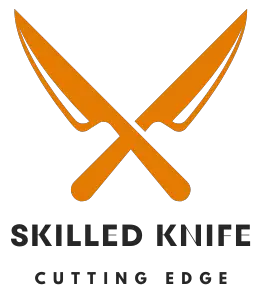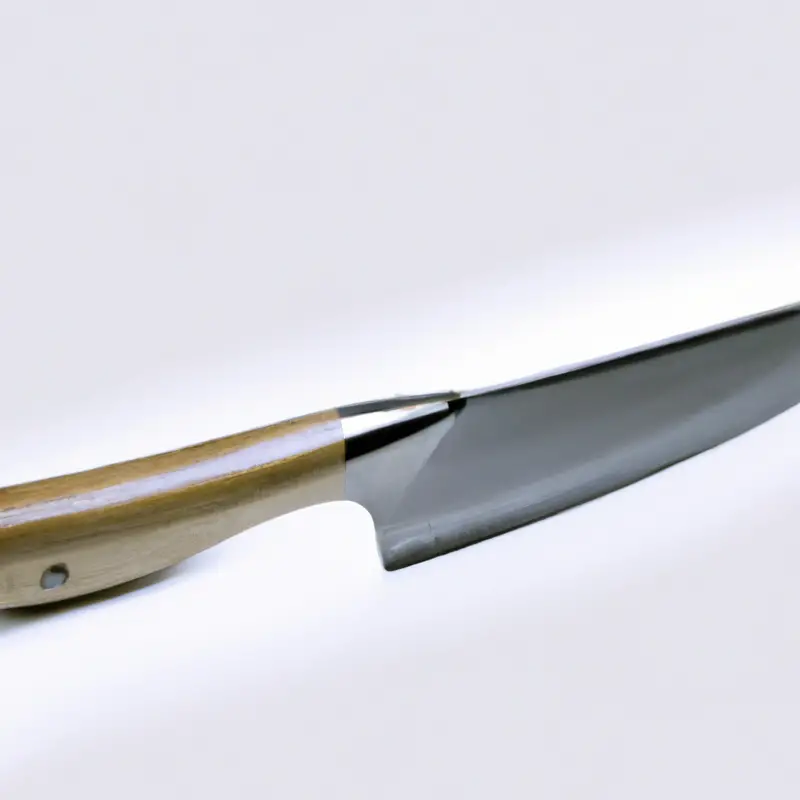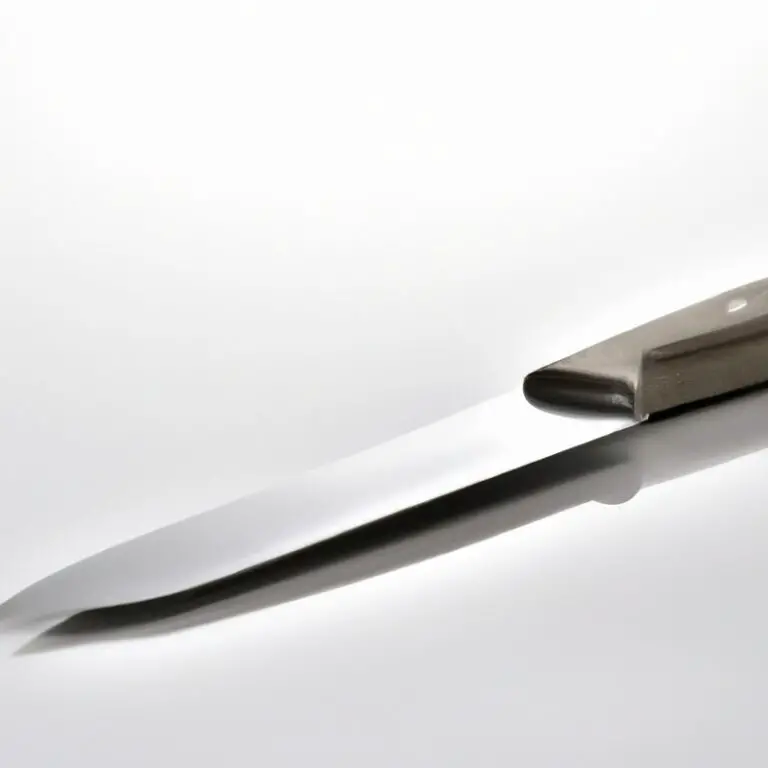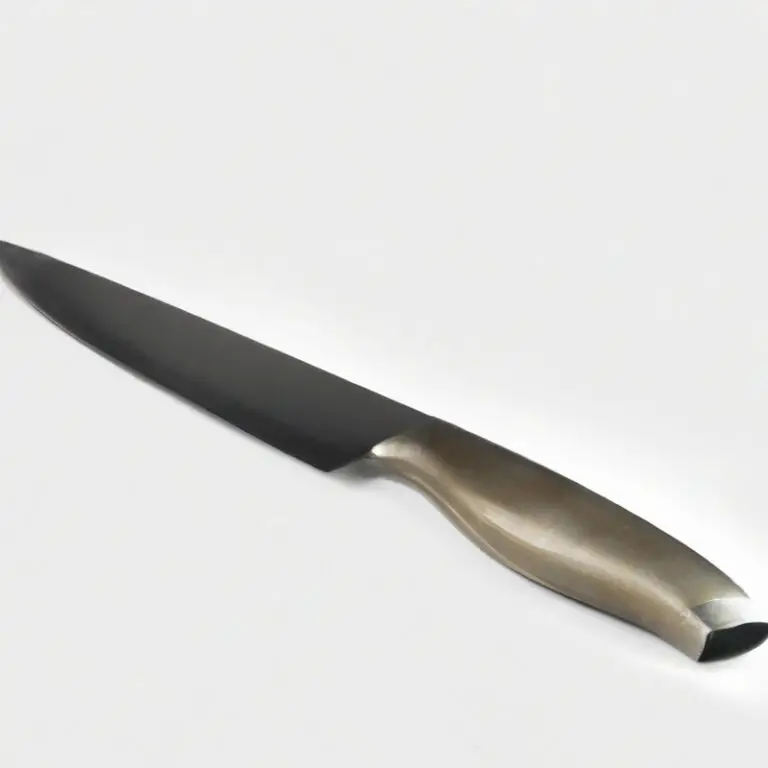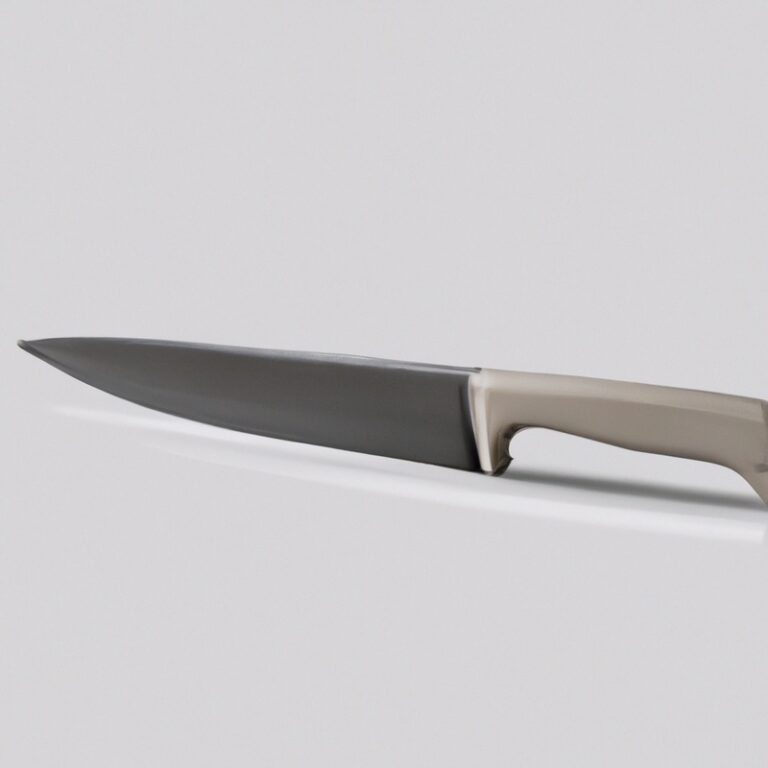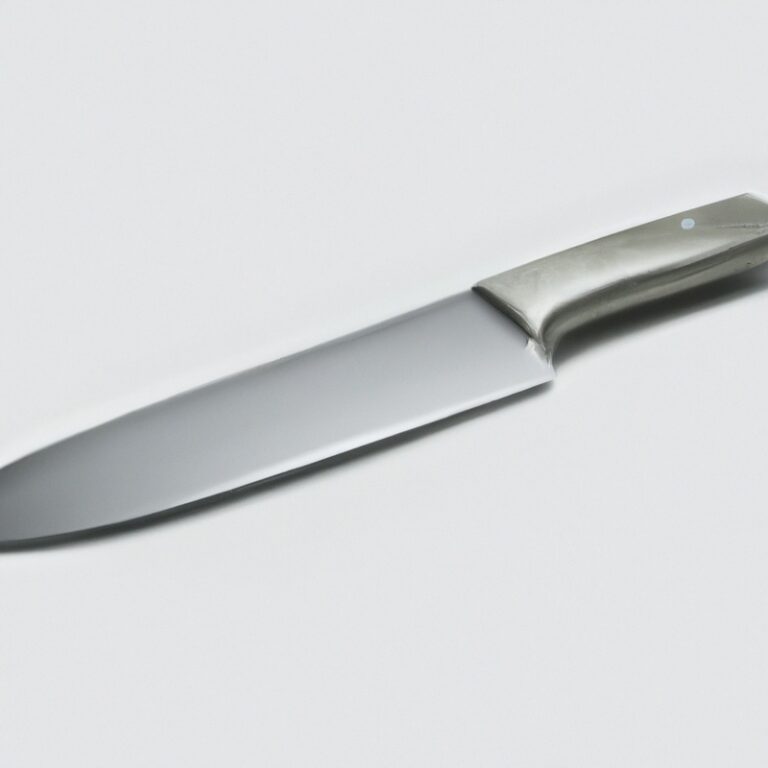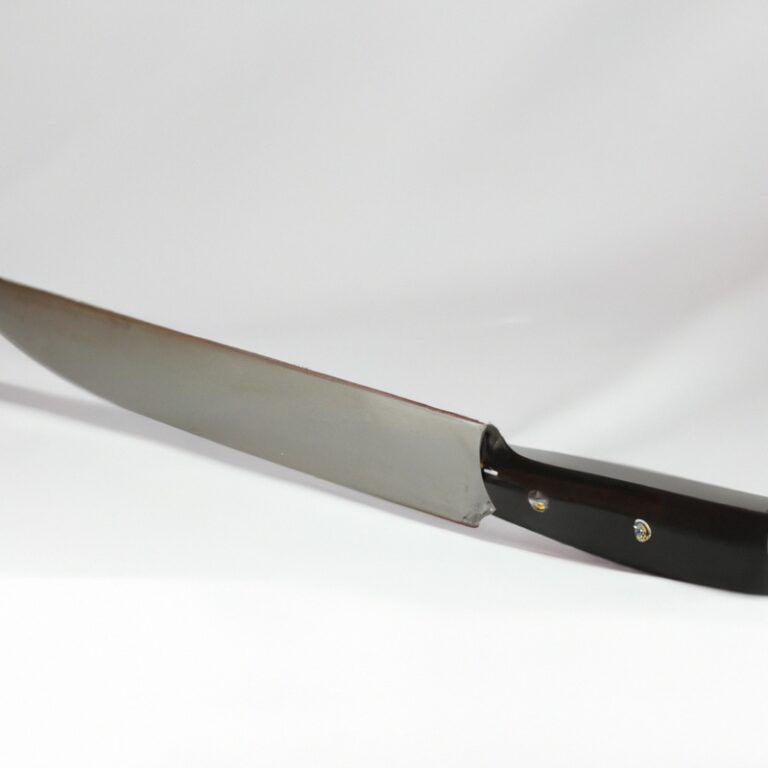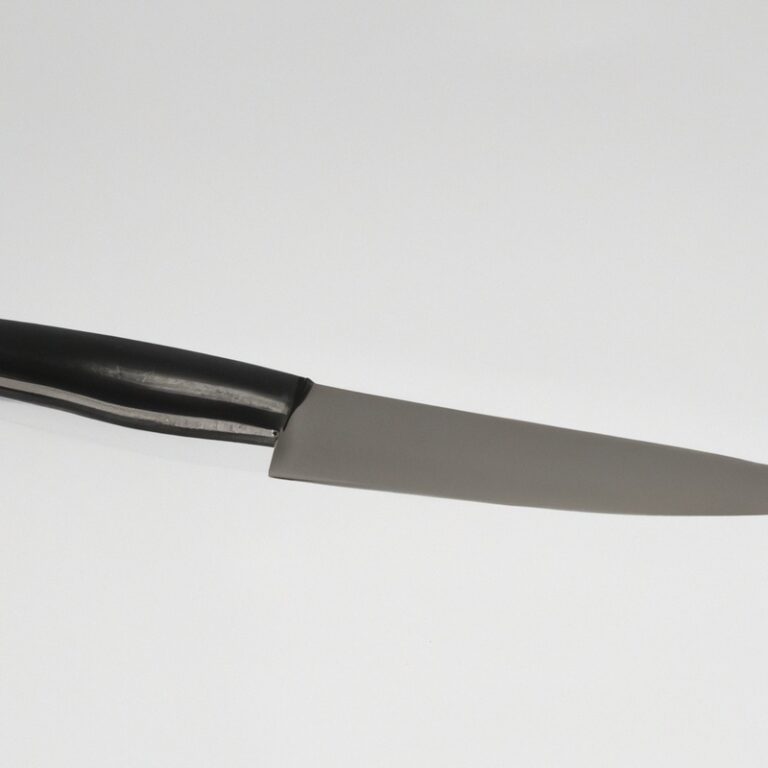What Is The Effect Of Nitrogen In Powder Metallurgy Steel For Knives?
Key Takeaways:
- Nitrogen improves the hardness and wear resistance of powder metallurgy steel knives.
- Nitrogen enhances the corrosion resistance and toughness of powder metallurgy steel knives.
- Proper nitrogen content is crucial for achieving the desired properties in powder metallurgy steel knives.
- Nitrogen can impact the microstructure and grain size of powder metallurgy steel knives, influencing their overall performance.
Have you ever wondered what gives knives that razor-sharp edge and unparalleled durability?
The answer lies in the intricate composition of powder metallurgy steel, and one key element that plays a vital role is nitrogen.
As an expert in metallurgy, I am here to delve into the fascinating world of nitrogen and its effects on the properties of steel.
From increased hardness and corrosion resistance to improved toughness, the incorporation of nitrogen in powder metallurgy steel can truly elevate the performance of knives.
Join me as we unravel the impact of nitrogen on the remarkable qualities of steel!
| Effect of Nitrogen in Powder Metallurgy Steel for Knives |
|---|
| Benefit |
| Drawback |
| Summary |
| Nitrogen increases hardness and strength of the steel |
| Nitrogen may decrease toughness and impact resistance |
| Introducing nitrogen can enhance wear resistance and corrosion resistance |
| Excessive nitrogen levels can negatively impact machinability and forgeability |
| Optimizing nitrogen content can result in improved overall performance of the steel |
The Role of Nitrogen in Powder Metallurgy Steel
Importance of nitrogen in steel composition
Nitrogen plays a vital role in the composition of steel.
It contributes to the overall properties and performance of the material.
The presence of nitrogen helps to increase hardness, improve wear resistance, enhance corrosion resistance, and promote toughness in steel.
By incorporating nitrogen into the steel composition, manufacturers can achieve a balance between these important characteristics, ensuring a high-quality product.
It is important for steel producers to carefully consider the nitrogen content in order to optimize the desired properties of the steel.
Effects of nitrogen on steel properties
Nitrogen has significant effects on steel properties. It increases hardness, resulting in improved wear resistance of steel.
Nitrogen also enhances corrosion resistance by aiding in the formation of corrosion-resistant nitrides.
However, excessive nitrogen content can negatively impact steel toughness. Balancing nitrogen content is crucial to achieve the desired combination of hardness and toughness.
Nitrogen content also affects grain size, with higher nitrogen levels leading to finer grains.
The grain size, in turn, affects the mechanical properties of steel. Overall, nitrogen plays a vital role in determining the properties of steel in powder metallurgy.
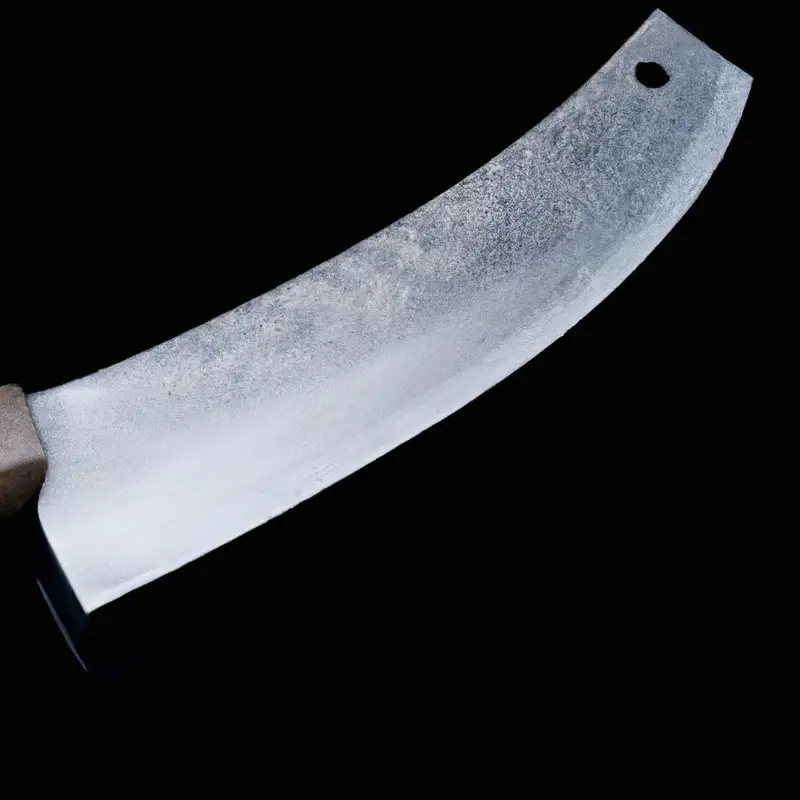
Nitrogen Content in Powder Metallurgy Steel
Typical nitrogen content in powder metallurgy steel for knives
The typical nitrogen content in powder metallurgy steel for knives can vary depending on the specific alloy composition.
However, nitrogen content is typically in the range of 0.10% to 0.30%.
This controlled addition of nitrogen helps to enhance the steel’s mechanical properties, such as hardness and wear resistance.
It also contributes to improving the steel’s corrosion resistance and toughness.
The nitrogen content is carefully balanced with other alloying elements to achieve the desired properties for knife applications.
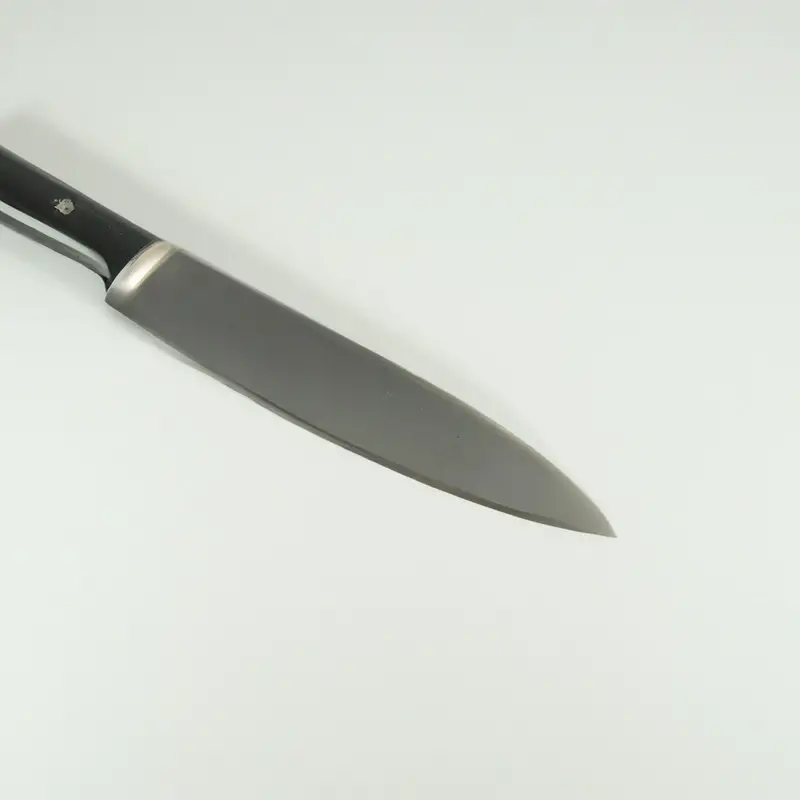
Factors determining nitrogen content
The nitrogen content in powder metallurgy steel can be influenced by various factors. One factor is the composition of the raw materials used, as different materials may inherently contain varying amounts of nitrogen.
Another factor is the heating and cooling process during steel production, which can affect the nitrogen content.
Additionally, the atmosphere present during production, such as the nitrogen content in the gas used, can impact the final nitrogen content in the steel. Overall, these factors play a role in determining the nitrogen content and subsequently influence the properties of the steel.
Effects of Nitrogen on Steel Hardness
Increased hardness due to nitrogen incorporation
Nitrogen incorporation in steel leads to increased hardness.
It enhances the steel’s ability to resist deformation and wear.
By introducing nitrogen into the steel composition, the crystal lattice structure becomes more compact, resulting in higher hardness levels.
This increased hardness makes the steel suitable for applications that require cutting, such as knives.
Nitrogen incorporation is a key factor in improving the overall performance and durability of powder metallurgy steel.
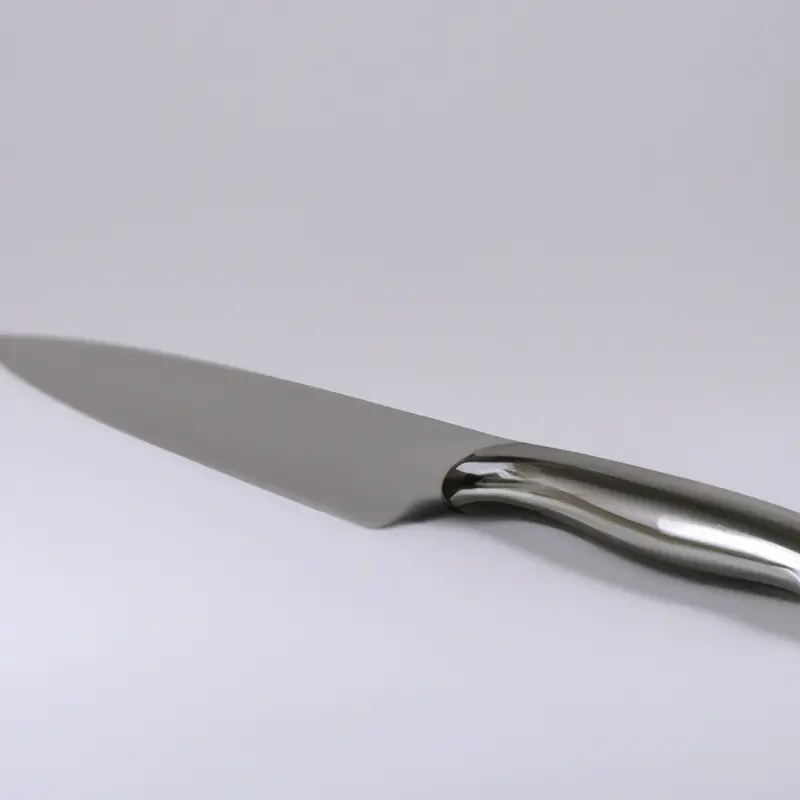
Nitrogen’s impact on wear resistance of steel
Nitrogen has a significant impact on the wear resistance of steel. When nitrogen is present in steel, it forms hard nitrides that increase the hardness and durability of the material.
This makes the steel more resistant to wear and extends its lifespan.
The incorporation of nitrogen in the steel composition leads to improved wear resistance, making it an important factor to consider when selecting steel for applications where wear and friction are a concern.
Effects of Nitrogen on Steel Corrosion Resistance
Nitrogen’s role in enhancing steel’s corrosion resistance
Nitrogen plays a crucial role in enhancing steel’s corrosion resistance.
It helps in the formation of corrosion-resistant nitrides, which act as a protective layer on the surface of the steel.
This layer prevents the penetration of corrosive elements and inhibits the development of rust.
By incorporating nitrogen into the steel composition, the corrosion resistance can be greatly improved.
This is particularly important for knives exposed to moisture and harsh environments.
The presence of nitrogen enables the steel to maintain its integrity and resist corrosion over extended periods of time.
Formation of corrosion-resistant nitrides
Formation of corrosion-resistant nitrides is a key advantage of incorporating nitrogen in powder metallurgy steels for knives. Nitrogen combines with alloying elements in the steel to form stable nitride compounds, such as chromium nitride or vanadium nitride.
These nitrides act as a protective barrier, preventing oxygen and other corrosive agents from reaching the underlying steel matrix.
This improves the steel’s resistance to corrosion, ensuring the longevity and performance of the knife.
Effects of Nitrogen on Steel Toughness
Nitrogen’s influence on steel toughness properties
Nitrogen in steel can have a significant influence on its toughness properties. When nitrogen is present, it can increase the strength and hardness of the steel, but it can also decrease its toughness.
This means that while the steel may be more resistant to deformation and wear, it may also be more prone to cracking or breaking under impact or stress.
Balancing nitrogen content is crucial to ensure the steel retains its desired toughness while still benefiting from its other desirable properties. By carefully controlling the nitrogen content, steel manufacturers can optimize its toughness and overall performance.
Balancing hardness and toughness in steel
Balancing hardness and toughness in steel is a critical aspect of creating high-quality steel products. Hardness is important for maintaining sharpness and edge retention, while toughness is crucial for withstanding impact and preventing chipping or breakage.
Achieving the right balance requires careful selection of steel composition and heat treatment methods.
By adjusting the levels of different alloying elements, such as carbon, chromium, and vanadium, it is possible to optimize both hardness and toughness. Furthermore, heat treatment processes such as quenching and tempering can further enhance these properties.
It is a delicate balance, but when done correctly, it results in steel that is both durable and reliable.
Nitrogen and Grain Size in Steel
Relationship between nitrogen content and grain size
The nitrogen content in steel can have a significant impact on grain size.
Generally, higher nitrogen levels lead to finer grain sizes, while lower nitrogen levels result in coarser grain sizes.
This relationship is important because grain size affects the steel’s mechanical properties.
Finer grain sizes can improve strength, hardness, and toughness, while coarser grain sizes may reduce these properties.
Therefore, controlling the nitrogen content is crucial for achieving optimal grain size and desired steel performance.
How grain size affects steel’s mechanical properties
Grain size plays a significant role in determining the mechanical properties of steel.
A smaller grain size in steel leads to increased strength and hardness.
This is because smaller grains create more grain boundaries, inhibiting the movement of dislocations and reinforcing the material.
On the other hand, larger grain sizes can result in reduced strength and toughness due to the presence of fewer grain boundaries.
Therefore, controlling grain size is crucial in optimizing the mechanical properties of steel.
Final Verdict
The role of nitrogen in powder metallurgy steel for knives cannot be overstated. Nitrogen plays a pivotal role in enhancing steel properties such as hardness, wear resistance, corrosion resistance, and toughness.
By incorporating nitrogen into the steel composition, it is possible to achieve a fine grain size, which further improves its mechanical properties.
Understanding the effects of nitrogen and controlling its content is crucial in crafting high-quality, high-performance steel for knives. So, when considering the composition of powder metallurgy steel for knives, nitrogen should never be overlooked.
